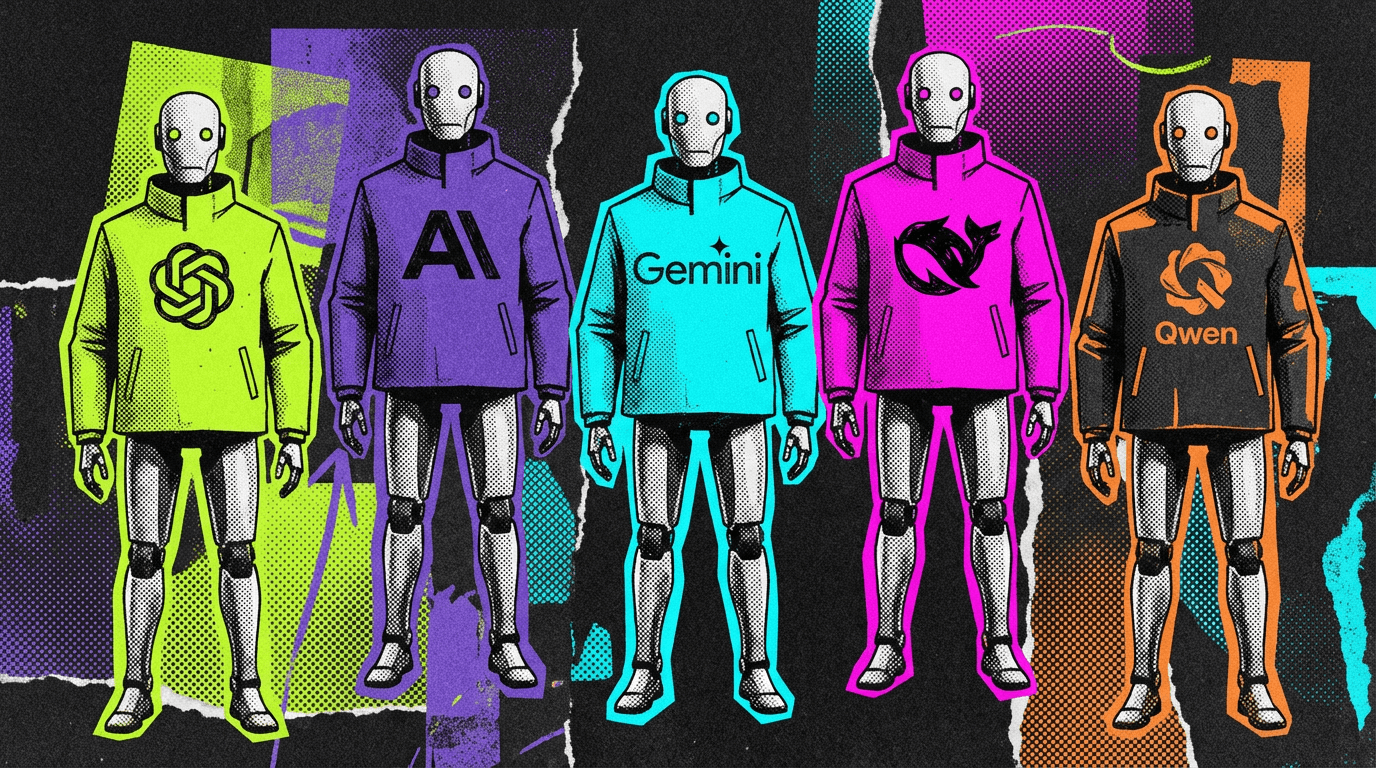Read full article about: South Koreans now spend more on AI subscriptions than Netflix each month
South Koreans now spend more per month on AI subscriptions than on Netflix. According to Hankyung Aicel, payments for seven AI services, including ChatGPT and Gemini, hit an estimated 80.3 billion won (roughly $55-60 million) in December 2025. That's more than the average monthly Netflix subscription revenue in Korea during 2024, which came in at 75 billion won (around $50-55 million). One important caveat: the AI figure includes business payments, while Netflix is a consumer-only service.
Credit card payments for AI services jumped from 52,000 transactions in January 2024 to 1,666 million in December 2025. Private customers paid an average of 34,700 won (about $24), while businesses spent 107,400 won (roughly $74). ChatGPT dominated with 71.5 percent of all payments, followed by Gemini at 11.0 percent and Claude at 10.7 percent. According to Hankyung Aicel CEO Kim Hyung-min, Korea's subscription market continues to grow, and generative AI is becoming a regular subscription product.
For context: Netflix reports revenue per subscription of around $7 for Asia-Pacific, compared to roughly $17 in the US and Canada. That's significantly higher revenue per subscription per month.



